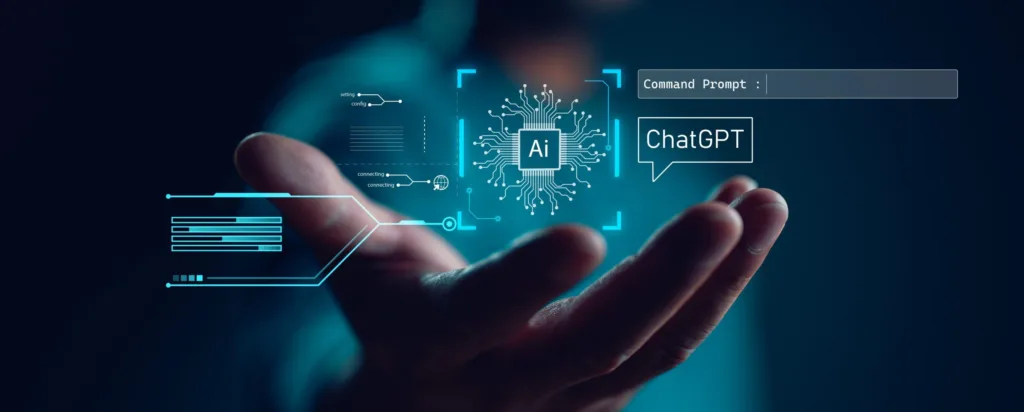Justice Rania Skaros has referred an Australian lawyer to the Office of the NSW Legal Services Commissioner (OLSC) after he admitted to using ChatGPT to draft court filings in an immigration case, resulting in non-existent case citations being included in the documents.
In a ruling, Skaros revealed that the lawyer, whose name was redacted, had submitted an amended application and an outline of submissions to the federal circuit and family court in October 2024.
The documents contained fabricated case references and quotes from a tribunal decision that did not exist.

The lawyer acknowledged using AI to identify Australian cases, but ChatGPT generated incorrect legal citations. The court expressed concern about the lawyer’s failure to verify the information, which required significant time to investigate.
The lawyer explained that due to time constraints and health issues, he relied on AI to assist with his work but failed to check the results before submission. He expressed deep regret and is now taking steps to enhance his understanding of AI.
The immigration minister’s counsel argued that the lawyer’s actions demonstrated inadequate care, urging the OLSC to address such conduct to prevent future misuse of AI in legal proceedings.
A new NSW Supreme Court practice restricts lawyers’ use of generative AI in legal documents, prohibiting its use for affidavits, witness statements, and other materials tendered in evidence or used in cross-examination.
Source: The Guardian.
